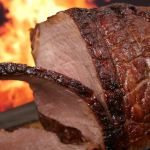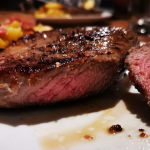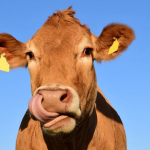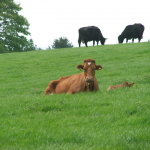Many activists and reporters claim we should eat little or no meat to prevent climate change. But instead of presenting arguments, proponents of this radical proposal seek to disqualify their critics with personal attacks.
meat
Activists frequently assert that 'Big Meat' has tried to deny agriculture's contribution to climate change. Is there any truth to this conspiracy theory?
In part two of our series on the Lancet's descent into ideological activism, we look at the journal's proposal to "transform" global dietary habits and protect the planet from the ravages of animal agriculture. Is there any evidence to justify this campaign against meat production and consumption?
Environmental Working Group claims that meat "is exacerbating the climate crisis." EWG isn't wrong to point out the environmental impacts of animal agriculture, though the activist group has oversimplified the problem—and its promising solutions.
Can a Livestock Revolution -- like Norman Borlaug's Green Revolution -- bring technological improvements to increase meat production in an environmentally responsible way? The Breakthrough Institute's whitepaper votes in the affirmative.
Food labels serve one purpose, and one purpose only: To provide nutritional information to consumers. The process by which a food is produced is not relevant to its nutritional content or safety profile. Therefore, products made using animal cell culture techniques absolutely should not require special labeling.
If you're inviting gramps over for a steak dinner, don't give him the rare part. French researchers found that protein from beef is best assimilated by older folks when it's well-done.
What we eat – as opposed to how much – is a hot topic, and meat consumption is often scrutinized. A study that tracked almost 100,000 Americans for five years found that non-meat eaters were less likely to die – of any cause – during the study period than meat eaters. Now not all studies agree, however, as some show no difference at all in longevity between meat eaters and non-meat eaters.
A new study attempts to invoke the Precautionary Principle as justification for warning people against eating meat and dairy. The authors are actually promoting their well-known vegan agenda, covertly.







